From retired Air Force Lieutenant Colonel William Astore, a powerful portrait of how, in the decades after the Vietnam War, a post-democratic U.S. military became a reality and of the kind of permanent war making it freed Washington to be involved in. It couldn’t be a more vivid account of the ways in which such a military encouraged privatization, cashing in, and secrecy as a way of life and how that way of life rose to such prominence and power in Washington.
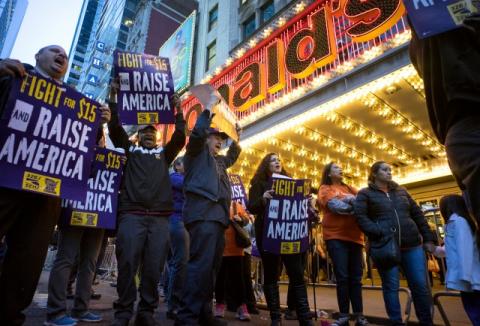

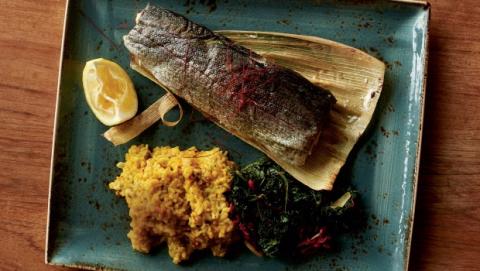
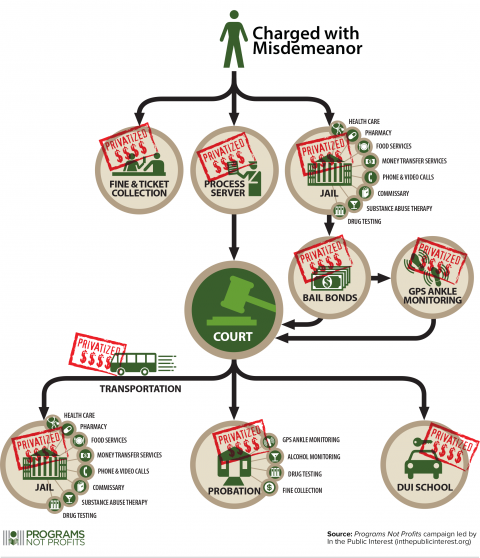



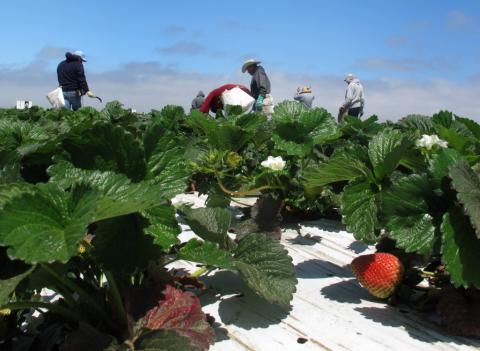

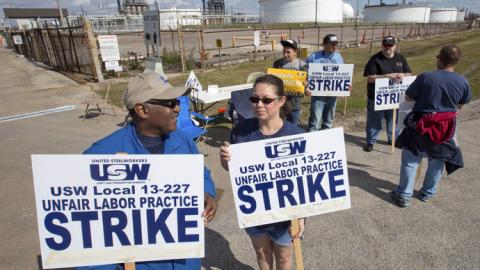
Spread the word